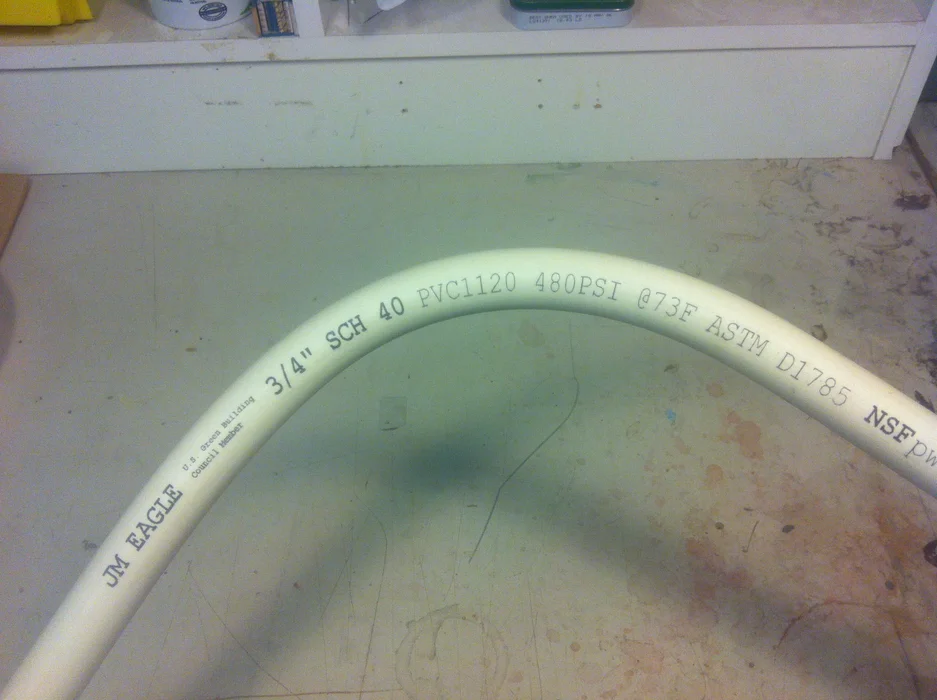Oct . 02, 2024 17:23 Back to list
HDPE Pipe Specifications for Water Supply Manufacturing and Quality Standards
HDPE Pipe for Water Supply Specifications and Factories
High-Density Polyethylene (HDPE) pipes have become increasingly popular for water supply applications due to their corrosion resistance, flexibility, and long service life. This article delves into the specifications of HDPE pipes for water supply and outlines the key aspects of factories that manufacture these essential products.
Specifications of HDPE Pipes
The specifications of HDPE pipes are critical in defining their performance and suitability for various water supply projects. The most common standards governing these pipes include ASTM D3035, ISO 4427, and AWWA C901. These standards ensure that the pipes meet specific requirements for pressure ratings, wall thickness, resistance to environmental stress, and overall mechanical properties.
1. Material Composition HDPE pipes are made from polyethylene resin that is classified as high-density. The raw material is characterized by its high molecular weight, which contributes to the strength and durability of the pipes.
2. Pipe Diameter and Thickness HDPE pipes are available in various diameters, generally ranging from 1 inch to 63 inches, depending on the application and the required flow rates. The wall thickness of the pipes, governed by the standard dimension ratio (SDR), plays a crucial role in determining the pipe's pressure rating. Common SDRs for water supply applications include SDR 11, SDR 17, and SDR 26, with lower SDR values indicating thicker walls.
3. Pressure Ratings HDPE pipes are designed to withstand various pressure conditions, making them suitable for both gravity-fed and pressurized water supply systems. Pipes can have various pressure ratings, such as PN 6, PN 10, and PN 16, which denote the maximum allowable pressure in bar.
4. Joining Methods The joining methods for HDPE pipes are essential to ensure a leak-free system. Common methods include butt fusion, electrofusion, and socket fusion. These methods provide strong, permanent joints that maintain the integrity of the system.
5. Environmental Resistance HDPE pipes are known for their excellent resistance to chemical agents, UV degradation, and temperature fluctuations. This durability makes them suitable for both above-ground and underground installations.
hdpe pipe for water supply specifications factories

Factories Manufacturing HDPE Pipes
The production of HDPE pipes occurs in specialized factories equipped with advanced machinery and technology. These facilities focus on quality control and adherence to international standards.
1. Quality Control Protocols Manufacturing facilities implement rigorous quality control measures throughout the production process. This includes the testing of raw materials, monitoring of manufacturing parameters, and conducting performance tests on finished products. Independent laboratories often verify the properties of the pipes to ensure compliance with specified standards.
2. Technological Advancements Modern HDPE pipe factories utilize state-of-the-art machinery for extrusion, welding, and testing. This technology enhances efficiency, reduces production costs, and ensures consistency in product quality. Automated systems are often used to monitor processes, providing real-time data on production metrics.
3. Sustainability Practices Many factories are increasingly focusing on sustainable practices, such as recycling scrap material and minimizing waste during production. This commitment to sustainability not only benefits the environment but also enhances the company's reputation in the market.
4. Customization Services Reputable manufacturers offer customization options to meet specific project requirements. This includes producing pipes in various colors, sizes, and pressure ratings, allowing contractors to tailor solutions according to the unique demands of each project.
5. Global Distribution HDPE pipe manufacturers frequently export their products to international markets, necessitating adherence to various regional regulations and standards. This global distribution helps meet the growing demand for reliable water supply infrastructure worldwide.
Conclusion
HDPE pipes are an excellent choice for water supply applications, characterized by their durability, flexibility, and resistance to environmental factors. Understanding their specifications is essential for engineers and contractors, ensuring that each project is equipped with the right materials. The factories that manufacture these pipes play a vital role in delivering products that meet high standards, enabling the construction of efficient and reliable water supply systems.
-
High-Quality PVC Borehole Pipes Durable & Versatile Pipe Solutions
NewsJul.08,2025
-
High-Quality PVC Perforated Pipes for Efficient Drainage Leading Manufacturers & Factories
NewsJul.08,2025
-
High-Quality PVC Borehole Pipes Durable Pipe Solutions by Leading Manufacturer
NewsJul.08,2025
-
High-Quality PVC Borehole Pipes Reliable PVC Pipe Manufacturer Solutions
NewsJul.07,2025
-
High-Quality UPVC Drain Pipes Durable HDPE & Drain Pipe Solutions
NewsJul.07,2025
-
High-Quality Conduit Pipes & HDPE Conduit Fittings Manufacturer Reliable Factory Supply
NewsJul.06,2025

